Summary
- Becoming a Premier League referee requires dedication, passing assessments, and improving skills at each level.
- PGMOL, led by Howard Webb, trains and supports all officials to ensure the best performance possible.
- Referee assignments are based on merit, performance, and impartiality to avoid conflicts of interest in games.
A referees’ performance in the Premier League must be perfect to guarantee a fair and impartial game of football. Each decision can change the outcome of a 90 minutes, potentially determining whether a team secures three points or none at all.
Despite their inconsistences, officials have dedicated their lives to their profession. They wouldn’t reach the top flight of English football without years of training and proving themselves at every level of the game. Everyone makes mistakes in their job, but referees are uniquely central to all aspects of the sport. We’ve researched the entire process by which Premier League referees are selected for their duties and how each official is assigned to a match.
Journey from Grassroots
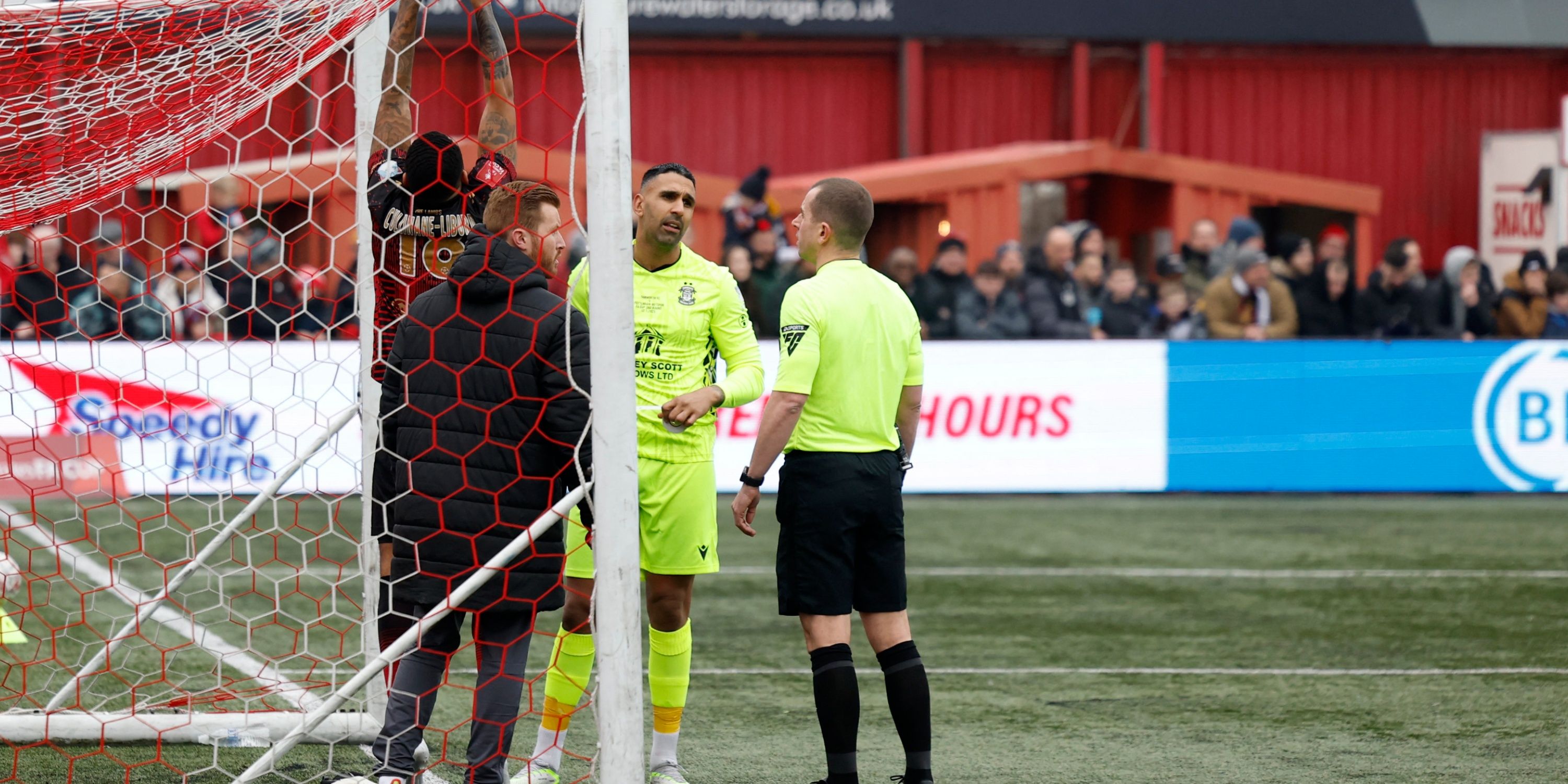
The training to become a referee is as dedicated as it comes. Imagine showing up for a local game in December, where the grass is knee-high and your boots sink into the ground with each step. Officials gain as much experience as possible, and this often comes in the form of taking charge of lower league football.
The pathway from grassroots to the Premier League is a tiring one, with referees having to go from Level 7 all the way to Level 1 to achieve top-flight status. Each stage requires individuals to pass assessments, improve their fitness, upgrade their knowledge of the laws, and attend courses targeted at those looking to become involved in the refereeing world.
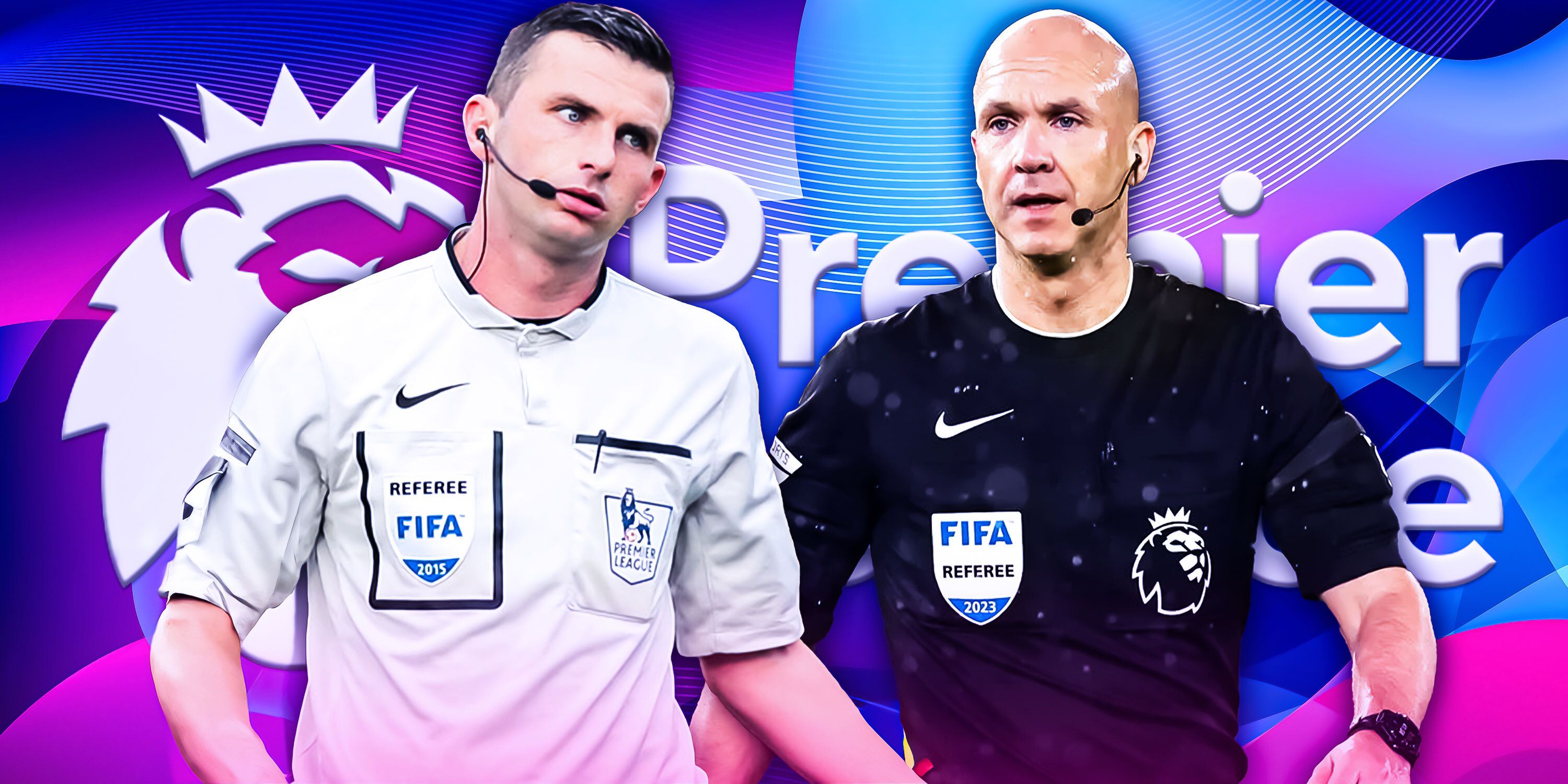
Related
The Football Teams Premier League Referees Support
Premier League refs are always accused by fans of having allegiances to certain clubs, but who do they really support?
Who are the PGMOL?
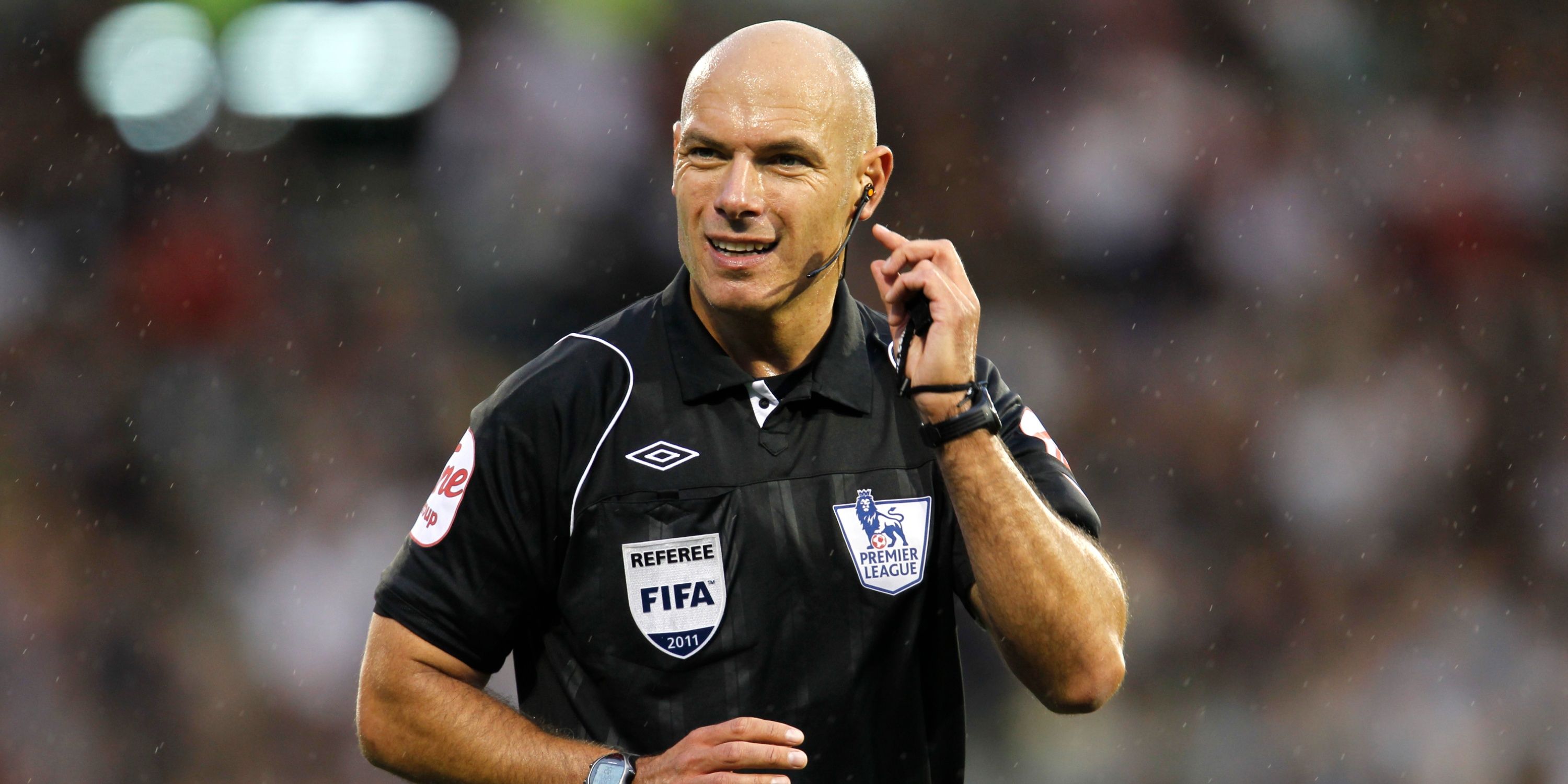
The Professional Game Match Officials Limited (PGMOL) is the body responsible for refereeing games in the English leagues. Formed in 2001, PGMOL was introduced to improve refereeing standards across all Premier League, English Football League (EFL) and Football Association (FA) competitions.
The group, led by former referee Howard Webb, aims to train, develop and mentor all 162 referees and 350 assistants. Officials are given all the help they need, with PGMOL providing sports scientists, physiotherapists and sprint coaches to help referees perform to the best of their ability.
Selection Criteria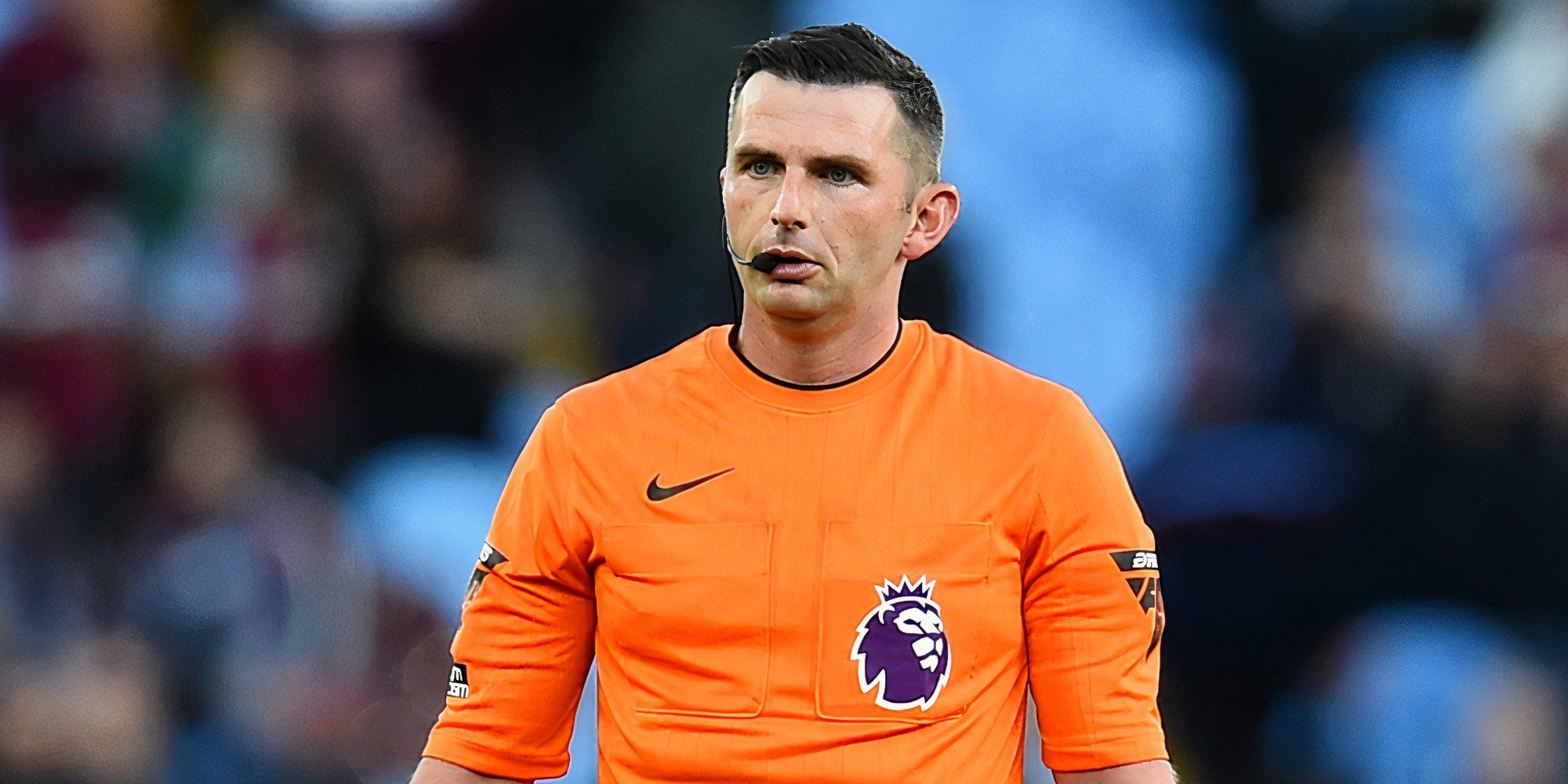
Once an official has gained all the necessary accreditation to become a Premier League referee, their selection is still far from guaranteed. PGMOL observers grade performance on decision-making, positioning and communication. The notes from these games are then transformed into points, which are added to a running merit table that tracks the referees with the highest output.
Other varying factors such as current form, physical fitness and conflict of interest are taken into account before selecting referees to avoid bias. A clear example of this is Michael Oliver’s connection with Newcastle United. Due to his affiliation with the club, Oliver is banned from officiating any Newcastle game to keep matches fair for both sides.
Appointment Process
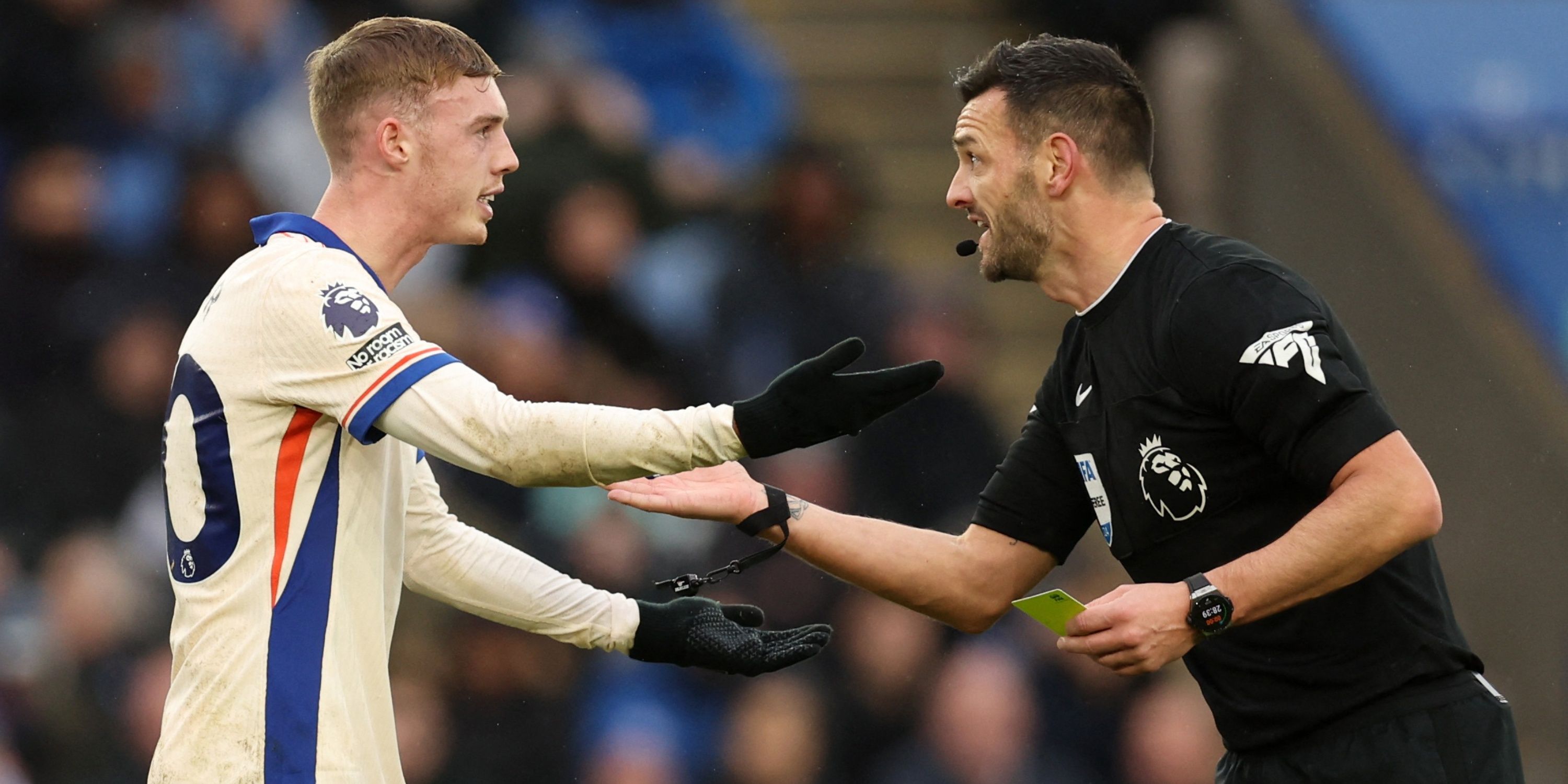
The referee and VAR assignments are usually confirmed several days before the match takes place. It is common that an experienced official will be appointed to a high-stakes game to ensure an impartial outcome.
Referees and their assistants are placed on a rotation system which prevents them from overseeing the same clubs repeatedly within a short timeframe. Also, feedback forms from Premier League teams influence appointment decisions from the PGMOL. Clubs can formally submit their thoughts on referees’ performances anonymously to help with the behind-the-scenes development of officials.
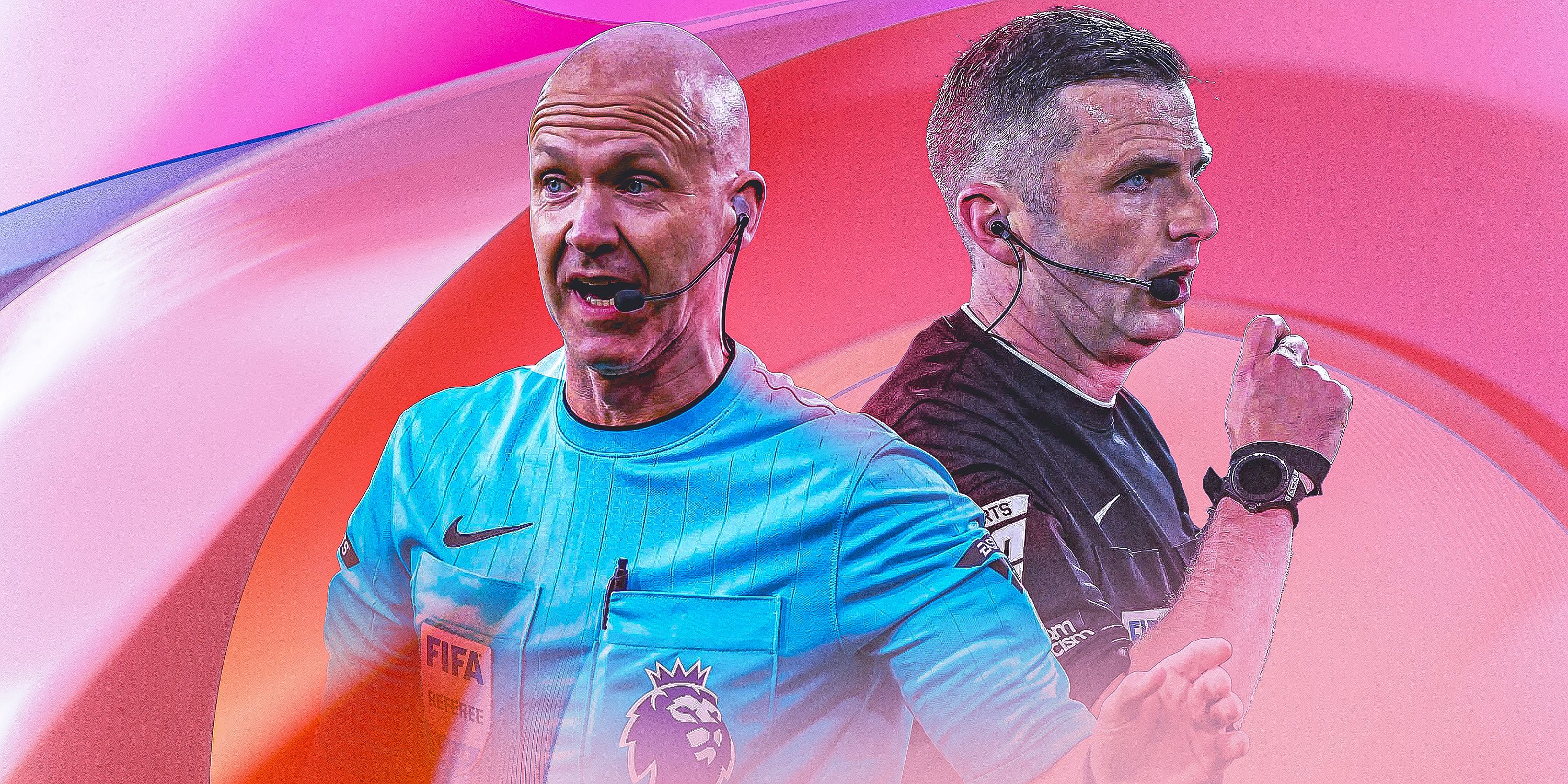
Related
How Much Premier League Referees get Paid
Premier League referees are paid handsomely for refereeing matches, earning a substantial salary and a bonus per match.
Controversial Assignments
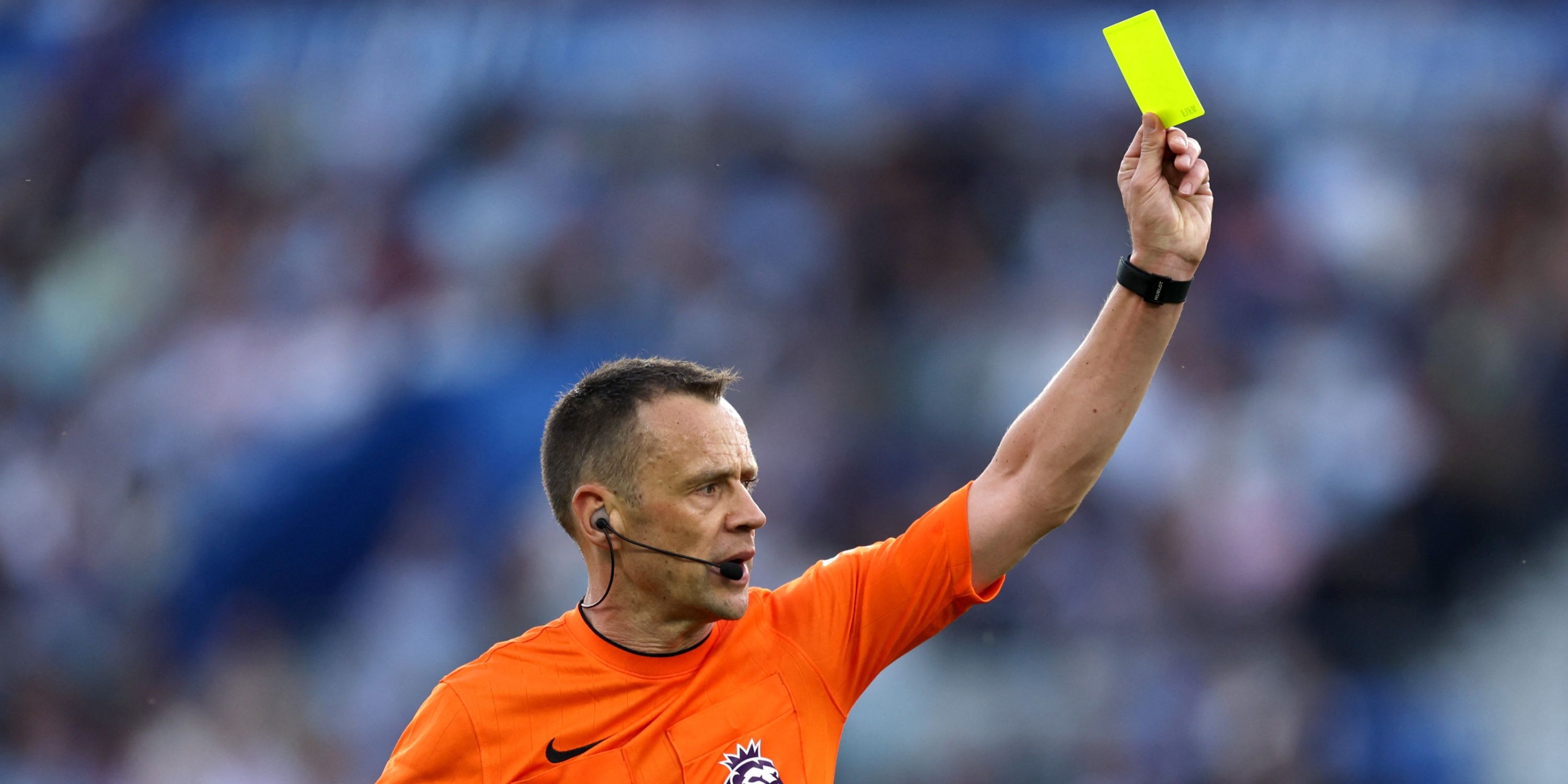
There have been times when a Premier League team has questioned the referees’ allegiances after a game. Back in April 2024, Nottingham Forest lost 2-0 to relegation rivals Everton. The game included many controversial decisions, with Forest fans feeling as though they should have had three penalties at Goodison Park.
In the aftermath, Nottingham Forest took to social media to complain about Stuart Attwell, who was the video assistant referee. The club accused Attwell of a conflict of interest and claimed he supported Luton Town, who were fighting for their survival at the bottom of the Premier League.
The serious accusation was ignored by the PGMOL and Nottingham Forest were fined £750,000 for an “attack on the integrity of a match official on an unparalleled scale”. Nuno Espírito Santo and Neco Williams were also given financial punishments for their own comments on the situation post-match.















